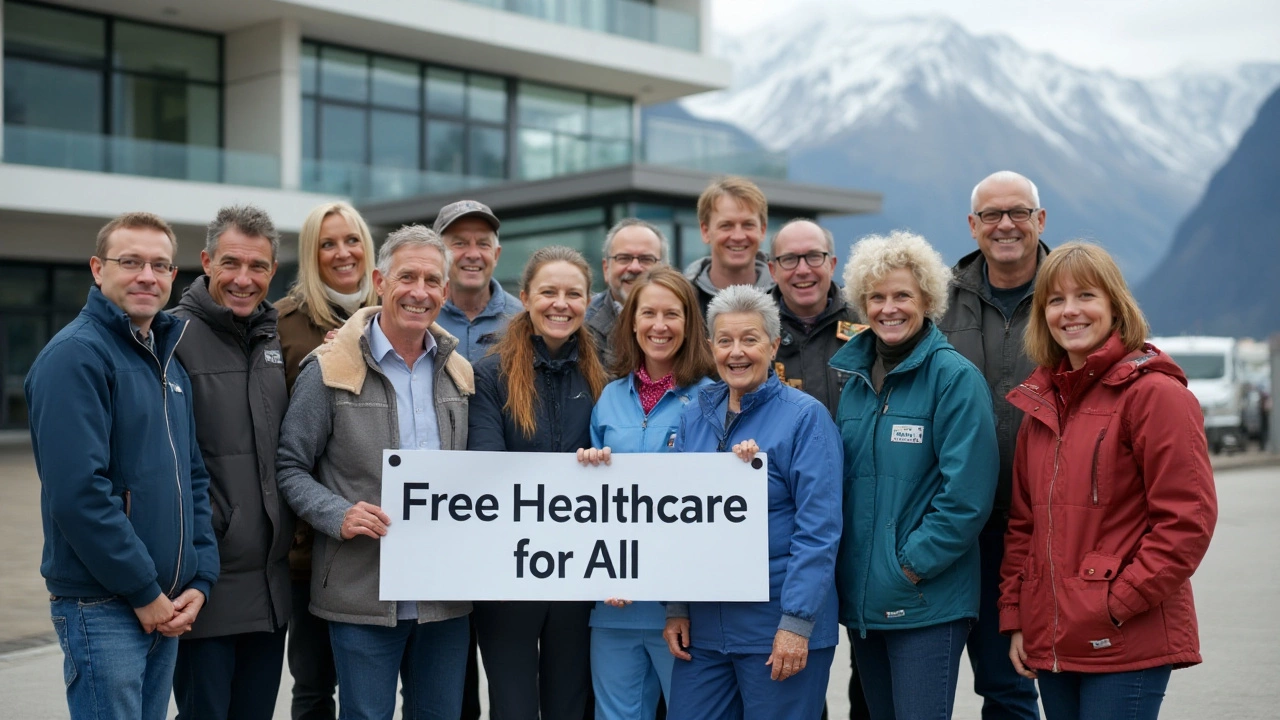Global Healthcare: What’s Changing and Why It Matters to You
Whether you’re hunting for a cheaper surgery abroad or trying to understand how a pandemic spreads, global healthcare touches every corner of our lives. It’s not just about doctors in your city – it’s about how countries set prices, how insurers cover you when you travel, and what tech is making care faster everywhere. Below we break down the biggest forces at play and give you clear steps to stay ahead.
How Costs Vary Around the World
First up: price tags. A knee replacement in the UK can cost more than a brand‑new car in India, while a routine check‑up in Canada might be free under public insurance. The main drivers are government subsidies, how much private competition exists, and the local cost of living. For example, Thailand’s private hospitals attract Europeans because they charge 30‑50% less for the same procedures, yet maintain high safety standards thanks to strict accreditation.
Don’t assume cheaper always means worse. Look for international accreditations like JCI or ISO – they’re a good sign the facility meets global safety benchmarks. Also, factor in hidden costs: travel, accommodation, follow‑up visits, and any required medication that might not be covered abroad.
What to Watch When Choosing International Care
Before you book a medical tourism package, ask yourself three quick questions. One: Does the clinic have a transparent pricing sheet? Two: Are the doctors board‑certified in both their home country and the destination? Three: What’s the after‑care plan if complications arise? Good providers will give you a written outline, including who to call if you need a post‑op check‑up back home.
Insurance can be a lifesaver here. Some international health policies cover planned surgeries abroad, but many only step in for emergencies. Compare plans that specifically mention “medical tourism” or “elective procedures overseas.” If you’re an expat, your employer might already offer a global health plan – dig into the fine print.
Technology is narrowing the gap between countries, too. Tele‑consultations let you get a second opinion from a specialist in the US while you’re sitting in a clinic in Mexico. Wearable health trackers feed real‑time data to doctors on another continent, making remote monitoring a reality. Embrace these tools if you can; they add a layer of safety and help you stay informed about your own recovery.
Finally, keep an eye on local regulations. Some nations require a referral from a local doctor before you can undergo certain procedures, while others have strict post‑operative quarantine rules. A quick call to the embassy or a local health ministry website can save you from unexpected delays.
Bottom line: global healthcare is a mix of opportunity and risk. By checking credentials, understanding costs, and securing the right insurance, you can tap into world‑class care without breaking the bank. Stay curious, ask the right questions, and use tech to stay connected – that’s the formula for getting the best health outcomes, wherever you are.

